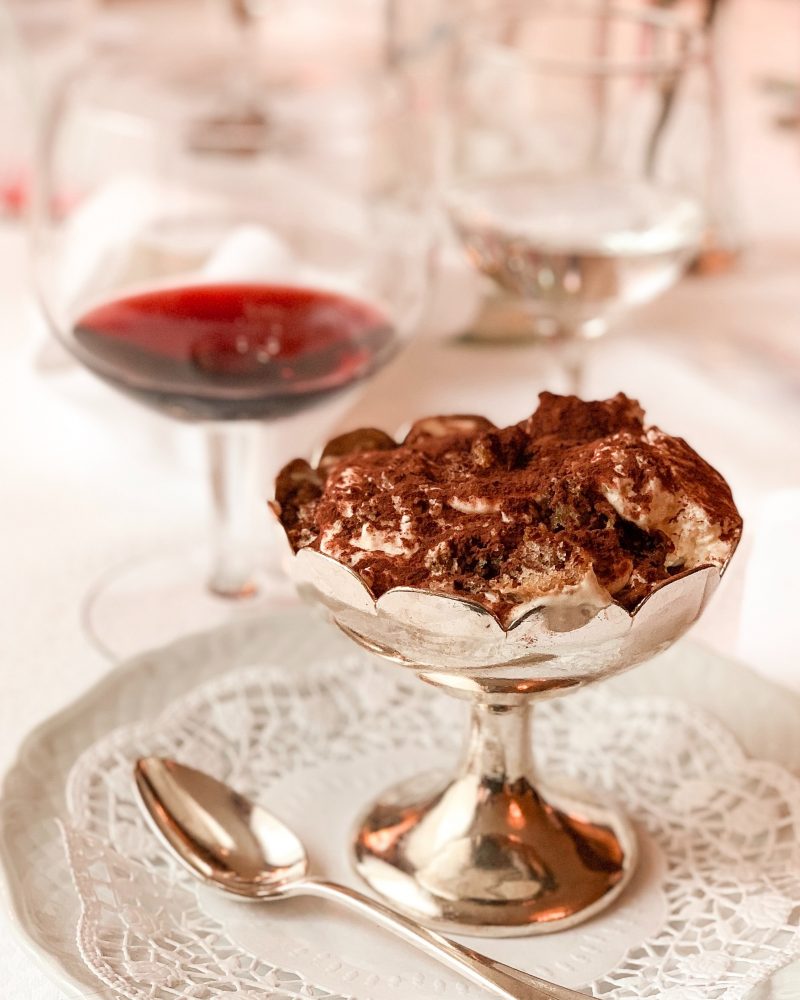Jennifer Lopez made a hit out of singing ‘love don’t cost a thing’ but last weekend, she and Ben splashed roughly $400,000 on their weekend ceremony. With the cost of living going up, many of us will be struggling to balance romance with high expenditure. How much does it really cost to be in love?
If you’ve been reading my blog for a while, you may know I’m a hopeless romantic. I adore thoughtful and well-curated gestures such as a handwritten letter and a surprise cup of coffee (I am a hard-working writer after all). While my boyfriend is very good at writing love notes and showing up spontaneously with a bouquet of flowers, we both know these sweet acts only go so far in our relationship.
However romantic you consider yourself; it is hard to ignore the fact that money and love go so well together – and not just because many of us are attracted to someone with wealth.
In 2020, a UK survey found that on average, a single person will spend £1,349 per year on attending regular dates. This doesn’t include the cost of joining online dating sites. Though I appreciate men often pay more (particularly because of the traditional expectation that men pay), women can also spend heavily on beauty treatments and clothes before meeting someone new.
Dating coach Amy Nobile, who is based in New York, says rising prices are encouraging men across different incomes and cities to ask their dates to go 50/50 on the bill. Nobile is now preparing her female clients to not expect financial chivalry.
Over a table of sushi, a friend of mine confessed that although the guy she is dating seems great, it is getting tiresome going back-and-forth between: you pay, now I pay, now you pay. While she is happy to split bills, she also wants to feel wined and dined – keeping such stringent tabs on costs doesn’t bode well with her romantic expectations of spontaneity.
If only romantic things weren’t so expensive
There are 7 different love languages: Activity, appreciation, emotional, financial, physical and practical. These are all ways that we express love. Out of the languages, spending money is quite a popular choice.
I used to work with a woman who had quite a wealthy boyfriend. Every so often, we huddled together and listened in amazement at how her boyfriend spent his money on her. There was the surprise Valentine’s date where she found a limo awaiting her with a designer handbag wrapped up, the time he said, ‘Get dressed, we’re going out’ and she walked upstairs to find a Gucci dress laying on her bed.
‘The cost of being in love can affect you even if you’re single.’
It’s a common theme to discuss something romantic with something expensive. And that can put a lot of pressure on couples to prove their love through spending.
During our first year, my boyfriend and I tried to balance our desire to go out and experience new things together with saving and enjoying nights in. Between Christmas, Valentine’s, our year anniversary in Prague (yes, I know we didn’t have to go abroad) with couples’ nights out and our own restaurant evenings, it was difficult to juggle.

The cost to be in love can affect you even if you’re single. I was talking to Stacey (let’s call her) about a wedding she recently attended. She ended up spending hundreds on a weekend hen party, the actual wedding and even the engagement party.
In 2021, it was calculated that the average wedding guest spends £541.90 to attend one wedding. This figure rises to £865.63 for a bridesmaid and £841.90 for a best man. This includes a hen/stag do, hotel, transportation, outfit and wedding gift.
As I was writing this article, (cue Carrie Bradshaw voice) I couldn’t help but wonder… why is money such a significant love language? Is it perhaps more of a natural way to express love than say emotional or practical?
We are a time-strapped, multi-tasking generation of people, after all. It’s easier to book an expensive restaurant than spend hours in the kitchen not knowing whether your fancy cuisine will be a hit. Maybe I’ve spent too long on Instagram, but it also feels that we have a more significant appreciation for being gifted luxurious things from our partners.
While I cannot put an exact price on the cost to be in love, I do know that for many of us, the first few years can gulp our bank balances with cocktails, meals, takeaways, experiences and weekend breaks.
Here are some ideas to make it less expensive to be in love:
Early dates do not have to be elaborate – A cup of coffee or a couple of drinks is enough on a first date. Spending too much money very quickly can suggest you are trying to impress and win someone over just through cash.
You can place thought over money – You may find out that your date has a big sweet tooth and loves cheesecake and raspberry torte. Rather than spending on dinner, you can arrange coffee/drinks followed by a trip to a dessert shop or a café if you can find one.
Pick in advance what you want to splurge on – It’s not difficult to find yourself spending money, just because. One spontaneous date trip to London can cost double the amount of one date locally. It’s good to arrange what you care most about doing and then look for ways to decrease spending elsewhere.
Balance all 7 love languages – We all have our own way of expressing love but balancing out the different love languages can take the heat off financial. Look for ways to show appreciation and affection and demonstrate an interest in your partner’s activities.
Love doesn’t *always* cost a thing is how the phrase should be read.
Enjoyed this post? Here is what else you may find interesting:
How Much Should a Guy Spend on the First Date?
Financial Infidelity: How Should We Discuss Finances?
How do I know if My Expectations are Too High in a Relationship?



First of all, what a well written and researched post! I just love the way you write.
Such an interesting concept you put out there – “why is money such a significant love language? Is it perhaps more of a natural way to express love than say emotional or practical?”
I’ve never thought about money / spending it on your partner as a separate love language. It made me think about the ways I show love – and money does (indirectly) affect those gestures now that I think about it. But as a sentimental person, it’s simply a necessary means to express love – never the centre of attention. I think this is more of a general issue leading back to how our society (the world, really) is built. Everything costs money, everything is built on worth. Some things cost more than others, but even a romantic picnic in the park is going to cost you a little. Personally, I think money should never be the main gesture when it comes to romantic gestures – it’s the thought behind it that is worth more than anything you could buy.
Thank you, Fiona!! It’s so nice to see you back on here.
Everything really does cost money! A few weeks back, I decided to spend a Saturday walking around a park with my boyfriend (assuming this would be a cheap day out). We couldn’t believe how much parking came to in addition to petrol and then basics like a bottle of water.
It can be really nice to spoil someone with money, but I agree that it shouldn’t be the main gesture. You always want to feel as though the thought has taken precedence. x